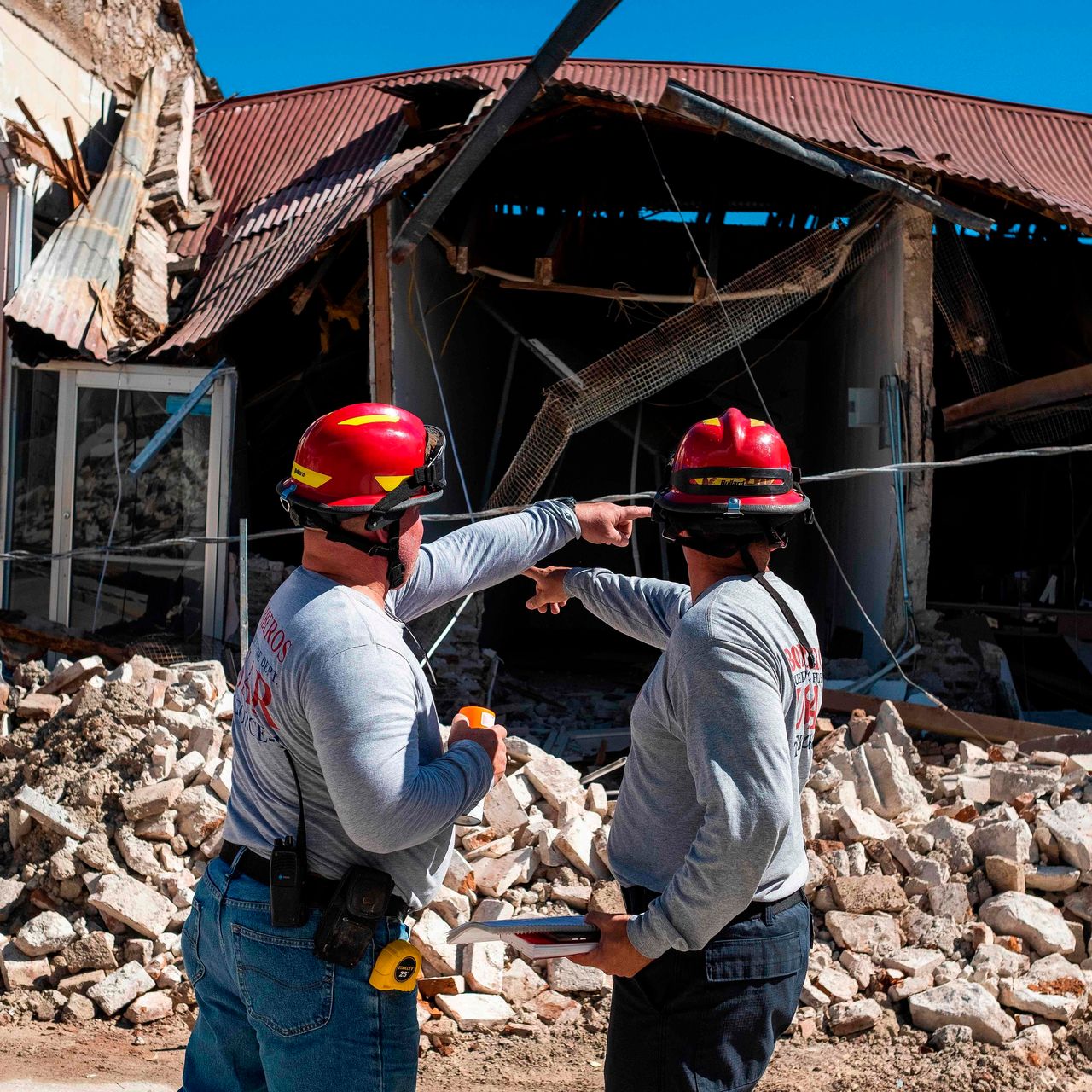by the El Reportero‘s wire services
Puerto Rican Education Secretary Eligio Hernández reported this Wednesday that classes in the public education system will not resume until the evaluation of damage to schools has been completed following yesterday’s strong earthquake.
Hernández published on Twitter that the process of evaluation of schools by structural engineers started today.
Earlier, Puerto Rican Governor Wanda Vazquez posted that the semester will resume on January 13 because of the need to ‘achieve a complete evaluation of school structures throughout #PuertoRico.’
The 6.5 magnitude quake of this Tuesday, whose epicenter was located in the south of the country, was the strongest Puerto Rico has suffered in over a century, experts noted.
The earthquake, which occurred at 02:24 local time and left at least one person dead, was followed by a series of lower intensity events.
Vázquez decreed a state of emergency and activated the National Guard to aid in the identification of bridges, homes and roads that could be have been damaged by the quake, which initially left almost 250,000 people without power.
Over 1,800 earthquakes of different magnitude have occurred on Puerto Rican soil and its surroundings since December 28, something that experts described as ‘unusual.’
According to local media, the Commissioner of the Bureau of Emergency and Disaster Management, Carlos Acevedo, warned on Sunday that one of the concerns of the government is the approximately 150,000 homes built on stilts that could collapse if an earthquake of great magnitude occurs.
ECLAC debates causes of migration in Mexico and Central America
The Executive Secretary of the Economic Commission for Latin America and the Caribbean (ECLAC), Alicia Barcena, on Wednesday revealed the economic and social causes of migration in Mexico and the three States south of this country.
The Mexican official mentioned insufficient economic growth in Mexico, Guatemala, Honduras and El Salvador among the main reasons for their citizens to leave their places of origin.
On presenting the Northern Central America-Mexico Comprehensive Development Plan, at a meeting of ambassadors and consuls from those nations, Barcena noted that ‘the 10 percent of the population with the highest incomes in Central America and Mexico earns 70 times more than the poorest 10 percent.’
The ECLAC chief also referred to the wage differential as among the causes of migration in that geographic area, where the average salary is ten times lower than in the United States.
Another cause of migration is violence, as this region is considered ‘one of the most violent in the world, with even more homicides than the Middle East.’
ECLAC studies also mention the high demographic growth in the region among the causes of migration, above all among young men aged 15-29, who also ‘get caught up in drug trafficking and violence.’
Barcena referred to droughts and floods, due to ‘brutal climate change in the north triangle of Central America,’ which has caused huge corn and coffee crop losses, among other items. According to Barcena, the key issue in the new program approved by the United Nations is that ‘migration has to be an option, not an obligation, and a space for common development has to be built among the nine states south of Mexico and the three countries in the north of Central America.’



